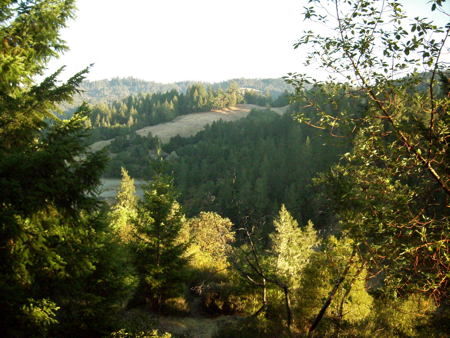An obvious point, but one worth making:
Traditional Christianity, which still dominates the United States, sets up a hierarchy of worth among human beings: all humans may be ultimately equal in the sight of God, but those who will be saved upon dying (sometimes phrased differently: those who accept Jesus as their personal savior, those who are Christians, etc.) will go to heaven and everyone else will not. The humans who get to go to heaven thus feel that they are more equal than the rest of us. There’s a good name for this theological viewpoint: it is called the “limitarian” viewpoint because the number of humans who get to go to heaven is limited.
Traditional Universalism, by contrast, leads us to a radically egalitarian viewpoint: all humans will be saved, all humans will go heaven upon dying. The conversion experience for traditional Universalists is not an experience of relief (“Whew, now I’m one of the ones who gets to go to heaven!”); the Universalist conversion experience is an experience of happiness upon knowing that we all get to go to heaven (“Wow, now I realize that we’re all worthy of God’s love!”).
The humanist and non-theistic Universalists may be somewhat less cheerful than the traditional Universalists, because the humanist and non-theistic Universalists don’t say that everyone is going to go to heaven; there is however a very cheerful humanist or non-theistic Universalism which rejoices in knowing that one’s body will return to the ecosystem and remain a part of the web of life. I like the term “compost theology,” coined by my partner Carol, for this theological position. (Since some traditional Universalists feel comfortable with Bernard Loomer’s contention that when Jesus preached about the kingdom of God or the kingdom of heaven, he meant the web of life, these traditional Universalists find substantial common ground with the compost theologians.)
But the obvious point here is that all Universalists — humanist Universalists, traditional Universalists, compost Universalists — come down on the side of a more radical egalitarianism than the vast majority of U.S. Christians. (This may be what really annoys U.S. Christians about us Universalists: they like to think they’re better than we are, and we’re so very sure that they are not.)

